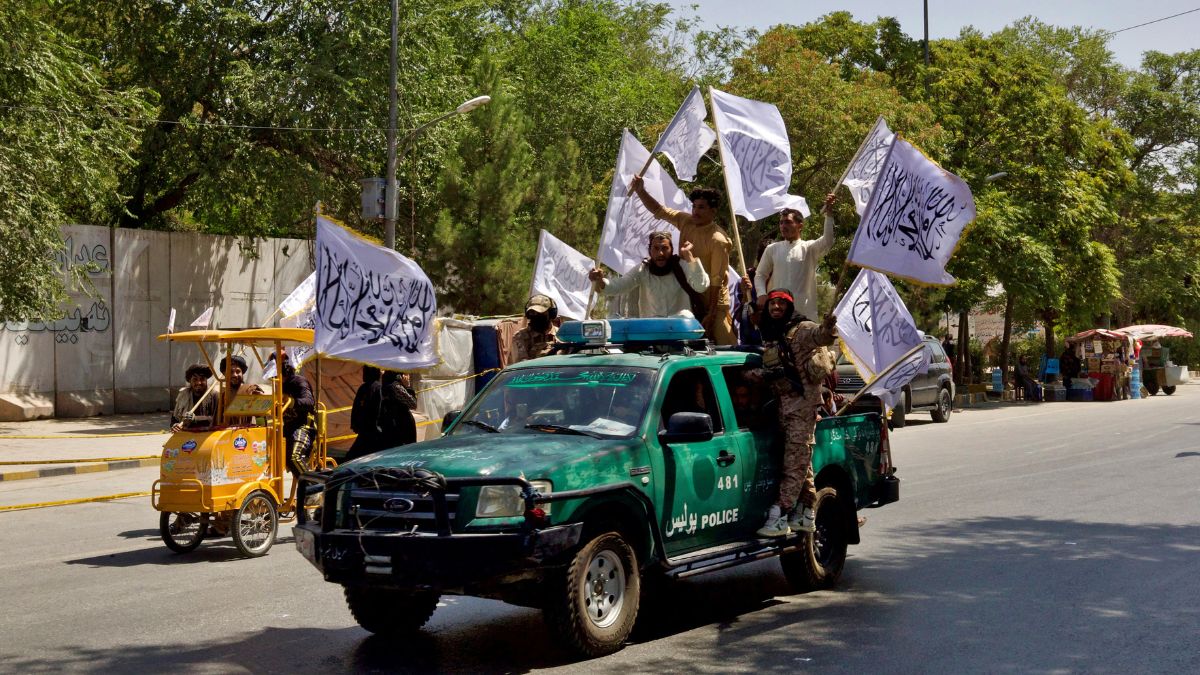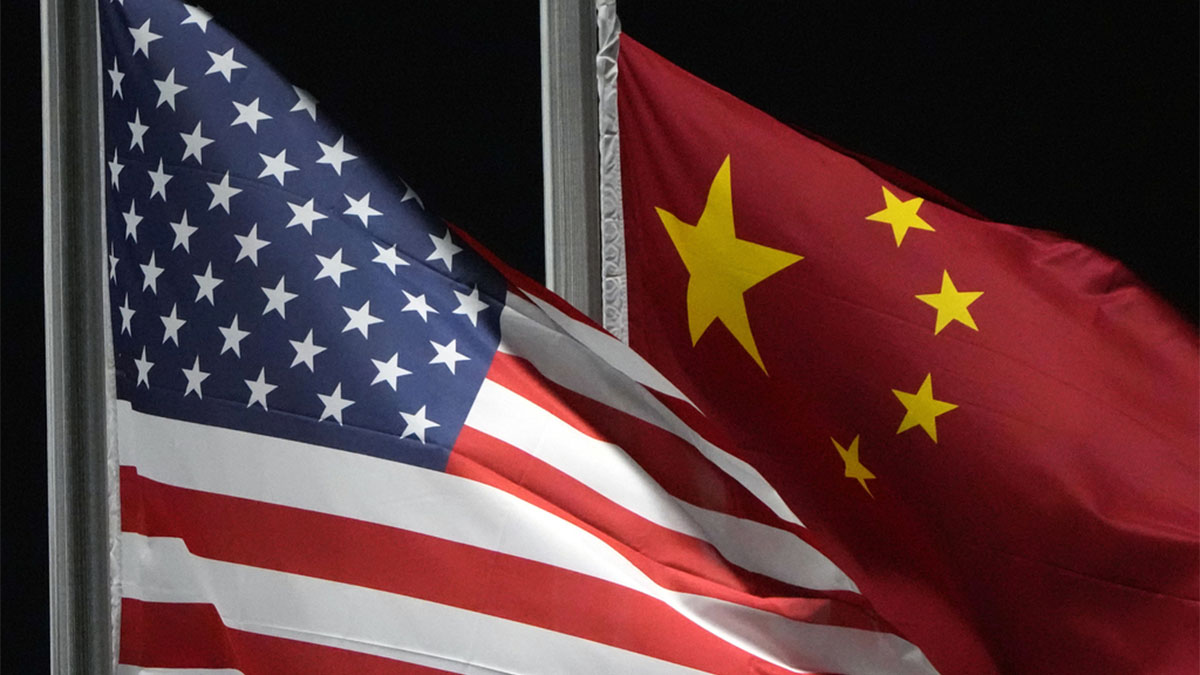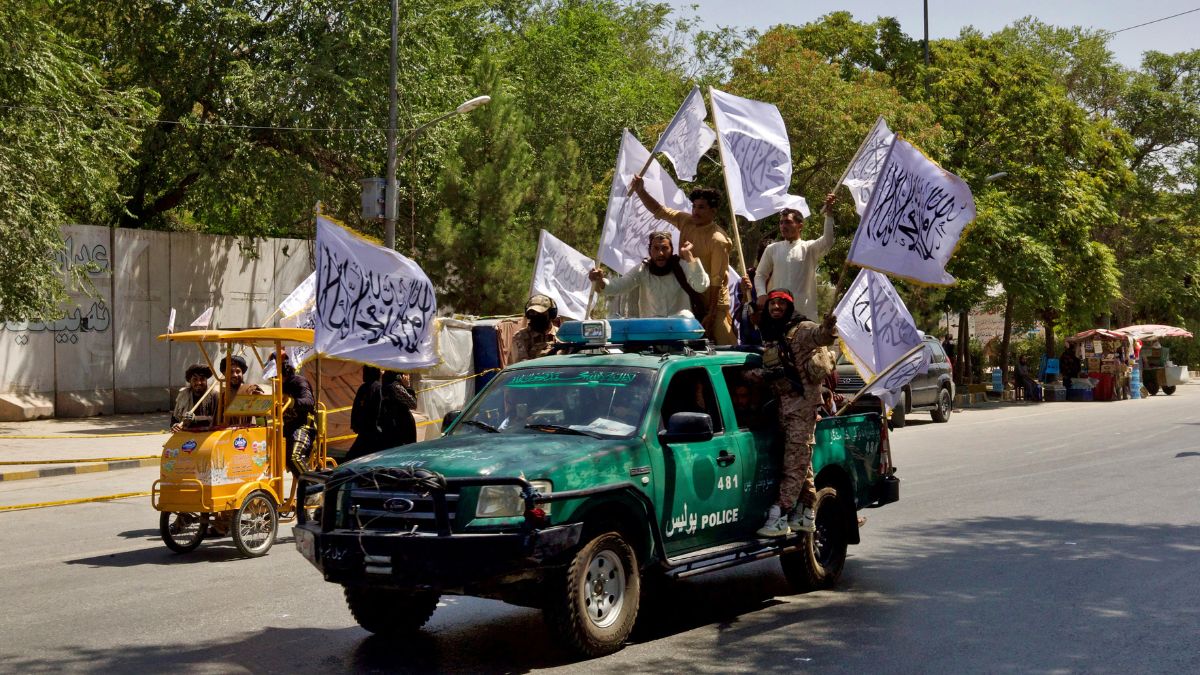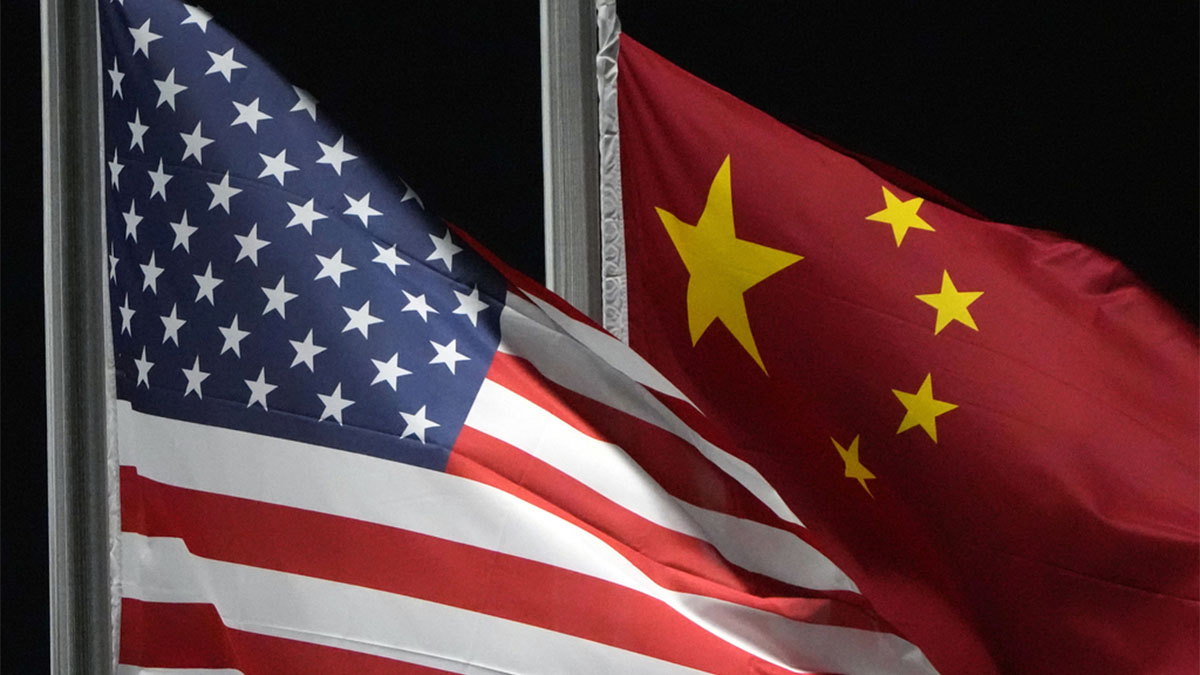Former US Secretary of State Henry Kissinger once said: “It may be dangerous to be America’s enemy, but to be America’s friend is fatal." An economist who agrees with the assertion and often quotes the veteran political diplomat is Jeffrey D. Sachs, the world-renowned economics professor, bestselling author and one of the biggest advocates for sustainable development.
US President Donald Trump’s sweeping reciprocal tariffs against several nations around the world stirred a major storm, from which Wall Street and other markets around the world are still struggling to recover. The tariff slabs made several nations question their alliances with Washington. Not only this, many suggested that the Trump tariff would push Washington’s long-term allies towards China, the second largest economy.
In an email interview with Firstpost’s Bhagyasree Sengupta, Sachs raised concerns about Trump’s reciprocal tariffs, emphasised the need for India and China to join forces to preserve the “multilateral world order,” and condemned the way Washington deals with global conflicts. Edited excerpts:
How do you see President Trump’s decision to pause reciprocal tariffs impacting global trade patterns when tariffs on Chinese imports have gone up to 125%? Could this decision signal a shift in US trade policy priorities?
Prof. Sachs: The American political class hates China because of China’s great economic success, which has made China’s economy a true competitor of the US. While China and India also have thorny bilateral issues to solve, the truth is that China’s success – like India’s – is very hard-won and should not be faced by illegal and unprincipled US attacks. Trump is playing with fire here. The US trade war with China will create mayhem if it continues.
In the run-up to the 2024 US elections, many claimed that Trump’s economic policy is more attractive than Kamala Harris’s. The former VP frequently warned that Trump would push the country into recession and raise tariffs. Why do you think American voters did not pay heed to Harris’s warning? What made Trump’s economic policies attractive at that time?
Prof. Sachs: Elections are a mainly referendum on the incumbent, rather than an endorsement of the challenger. Thus, Trump won because the public did not like the economic and foreign policy results of the Biden Administration. I believe that they will come to dislike Trump’s policies even more.
There was a speculation that Trump is trying to purposefully drive America to recession, to pressure the Federal Reserve into lowering interest rates, a strategy some economists liken to a “J-curve” reset. The president has denied those accusations. What’s your take on the matter?
Prof. Sachs: Trump is incompetent. There is no devious strategy here.
Do you think Trump tariffs would eventually push US allies towards China?
Prof. Sachs: Trump is alienating the rest of the world over many issues, including tariffs, but also sanctions, threats to sovereignty (e.g. vis-à-vis Canada, Panama, and Greenland), and reckless disregard for climate change.
You heard Indian Foreign Minister Jaishankar saying India and the US may sign a Bilateral Trade Agreement by the end of the fall. What’s your take on that?
Prof. Sachs: If the recent US suspension of tariffs holds (other than the 10% which remains), the US Administration is rather unlikely to sign further bilateral agreements. If Trump reverts to higher tariffs again, India will have to redouble its efforts to secure a bilateral agreement.
At the session, you said the US wants to use India to beat up China. Recently, India and China have been disengaging at the border. What is your take on this and how do you think India can trust China given the historic border disputes between the two nations?
Prof. Sachs: I think that China and India have shared common stakes in building a truly multi-polar world. India’s strength and success will be good for China, not only in bilateral relations, but also in enabling China and India to face down protectionism in the US and Europe.
You have been an advocate of sustainable and predictable economic policies. How these ongoing tariff and trade wars might influence efforts to achieve equitable economic development?
Prof. Sachs: Everything that Trump is doing on trade is inimical to sustainable development. Of course, the Trump Administration has also been explicit (and dangerous) that it will not pursue energy decarbonization, not follow the Paris Climate Agreement and not promote the Sustainable Development Goals.
We have two major wars going on (the Israel-Hamas war & Russia-Ukraine war), and climate change has led to devastation around the world. What is your take on the idea of reparations both in regards to ensuring transitional justice in armed conflicts or climate-related disasters? Is this something that can be part of the idea of sustainable development?
Prof. Sachs: The US largely caused the war in Ukraine (through reckless and provocative NATO expansion) and the US currently funds and arms Israel in Gaza therefore the US is complicit in Israel’s genocidal actions. In this sense, the US should indeed recompense the world for climate damages it has caused and should commit large funding to rebuild Palestine. Israel’s destruction of Palestine has been wanton, cruel, and I would say criminal vis-à-vis international law.
Trump has been pushing for a minerals deal with Ukraine and his Gaza proposal also raised eyebrows. Do you think Washington is trying to take advantage of their vulnerabilities and how can the leaders navigate in such a situation?
Prof. Sachs: Trump is a specialist in “protection rackets” and extortion. “Give us your minerals or we’ll let you be destroyed.” “Give us Gaza’s beachfront, or you will be destroyed.” These are shakedowns.
You have been economic advisers to both Russian and Ukrainian leaders. What do you think helped Russia survive sanctions from the West? Do you think that was even a sustainable way to counter Russian might?
Prof. Sachs: Russia survived sanctions because most of the world wanted and wants to continue to trade with Russia. It’s as straightforward as that. The West (read: NATO) was in a minority view.
In the past, you accused the US of causing instability in Syria. What is your take on the recent turn of events that happened in Damascus and what are your hopes with the interim government in the country?
Prof. Sachs: Starting in 2011-2012, President Obama tasked the CIA with the overthrow of Bashar al-Assad. The US funded jihadists to carry out the violence to bring Assad down. The US eventually got what it paid for, a new regime of jihadists arising from 14 years of US support. The entire US policy was reckless and illegal from an international point of view.
The US has provided leadership in establishing several multilateral organisations. Do you see President Trump’s policies sounding death knell to many of those institutions, especially the WTO, WHO and UN-affiliated bodies?
Prof. Sachs: These multilateral institutions will continue even if the US effectively leaves them or cuts off US funding for them. Yes, Trump is trying to destroy them, but he can’t do that, as most of the world needs and wants these organizations to do their work. They will continue.
How do you see US-Iran nuclear talks shaping up given that Trump wants Tehran to ditch its nuclear programme while Iranian leaders link it to their territorial and energy security needs?
Prof. Sachs: A strong agreement was already reached in 2016 (the Joint Comprehensive Plan of Action, or JCPOA) that would have ended Iran’s nuclear program and ended Western sanctions on Iran. Israel objected to the deal, and Trump shut down the JCPOA at Israel’s behest. Now Trump says he wants an agreement. He could have had it in 2017.
The world sees President Trump as a transactional president. How would you describe his worldview and the guiding philosophy?
Prof. Sachs: He is mean-spirited and shortsighted. Sad and destabilizing. Time for the rest of the world to unite to protect the international rule of law.
Professor Jeffrey Sachs serves as the Director of the Center for Sustainable Development at Columbia University. Sachs was Director of the Earth Institute at Columbia University from 2002 to 2016. He is President of the UN Sustainable Development Solutions Network and co-chair of the Council of Engineers for the Energy Transition. From 2001-18, Sachs served as Special Advisor to UN Secretaries-General Kofi Annan (2001-7), Ban Ki-moon (2008-16), and António Guterres (2017-18).
Sachs has authored and edited numerous books, including three New York Times bestsellers: The End of Poverty (2005), Common Wealth: Economics for a Crowded Planet (2008), and The Price of Civilization (2011).


)
)
)
)
)
)
)
)
)



